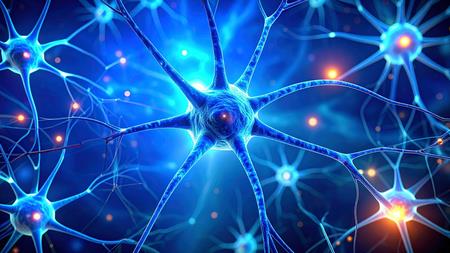
Dark Chocolate, Berries May Help Boost Memory And Relieve Stress: Study
The improved memory and cognition may be due to flavanols, found abundantly in cocoa and berries, said the team from Shibaura Institute of Technology, Japan.
The study, published in the journal Current Research in Food Science, demonstrated that flavanol intake can trigger wide-ranging physiological responses resembling those induced by exercise -- functioning as a moderate stressor that activates the central nervous system and enhances attention, arousal, and memory. Flavanols also protect against neuronal damage.
“Stress responses elicited by flavanols in this study are similar to those elicited by physical exercise. Thus, moderate intake of flavanols, despite their poor bioavailability, can improve the health and quality of life,” said Dr. Yasuyuki Fujii from the Shibaura Institute.
In the study, the team investigated how flavanols affect the nervous system through sensory stimulation. They tested the hypothesis that the astringent taste -- a dry, puckering, rough, or sandpapery sensation in the mouth -- of flavanols may act as a direct signal to the brain.
The researchers conducted experiments in 10-week-old mice, administering flavanols orally at doses of 25 mg/kg or 50 mg/kg body weight, while control mice received only distilled water.
Behavioural tests showed that flavanol-fed mice exhibited greater motor activity, exploratory behaviour, and improved learning and memory compared to controls.
Flavanols enhanced neurotransmitter activity across several brain regions. Dopamine and its precursor levodopa, norepinephrine, and its metabolite normetanephrine were elevated in the brain immediately after the administration.
These chemicals regulate motivation, attention, stress response, and arousal.
Furthermore, enzymes critical for noradrenaline synthesis (tyrosine hydroxylase and dopamine-beta-hydroxylase) and transport (vesicular monoamine transporter 2) were upregulated, strengthening the signalling capacity of the noradrenergic system.
In addition, biochemical analysis revealed higher urinary levels of catecholamines -- hormones released during stress -- as well as increased activity in the hypothalamic paraventricular nucleus (PVN), a brain region central to stress regulation.

Legal Disclaimer:
MENAFN provides the
information “as is” without warranty of any kind. We do not accept
any responsibility or liability for the accuracy, content, images,
videos, licenses, completeness, legality, or reliability of the information
contained in this article. If you have any complaints or copyright
issues related to this article, kindly contact the provider above.

















Comments
No comment